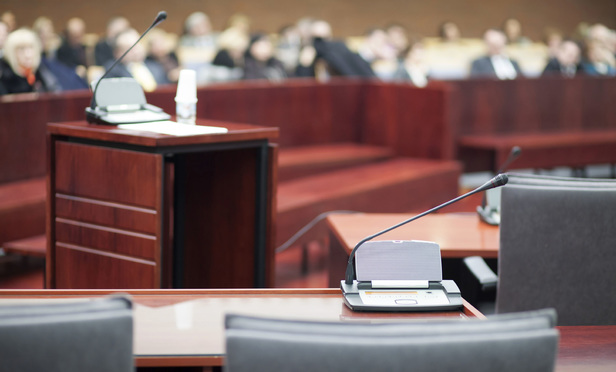During the course of his or her summation, it is understood that “[c]ounsel’s arguments are expected to be passionate, ‘for indeed it is the duty of a trial attorney to advocate.’” Jackowitz v. Lang, 408 N.J. Super. 495, 504–05 (App. Div. 2009) (quoting Geler v. Akawie, 358 N.J. Super. 437, 463 (App. Div. 2003), cert. denied, 177 N.J. 223 (2003)). As such, in closing arguments, “‘counsel is allowed broad latitude.’” Brenman v. Demello, 191 N.J. 18, 33 (2007) (quoting Bender v. Adelson, 187 N.J. 411, 431 (2006)).
However, as set forth below, courts have consistently imposed certain limits. In instances in which lawyers attack their adversary, parties or witnesses; urge the jury to “send a message”; chide the defendant for its refusal to “accept responsibility”; make excessive appeals to emotion; or request that the jury step into the plaintiff’s shoes, New Jersey courts have ordered new trials.
Attacks on Adversary and Opposing Party
This content has been archived. It is available through our partners, LexisNexis® and Bloomberg Law.
To view this content, please continue to their sites.
Not a Lexis Subscriber?
Subscribe Now
Not a Bloomberg Law Subscriber?
Subscribe Now
LexisNexis® and Bloomberg Law are third party online distributors of the broad collection of current and archived versions of ALM's legal news publications. LexisNexis® and Bloomberg Law customers are able to access and use ALM's content, including content from the National Law Journal, The American Lawyer, Legaltech News, The New York Law Journal, and Corporate Counsel, as well as other sources of legal information.
For questions call 1-877-256-2472 or contact us at [email protected]



